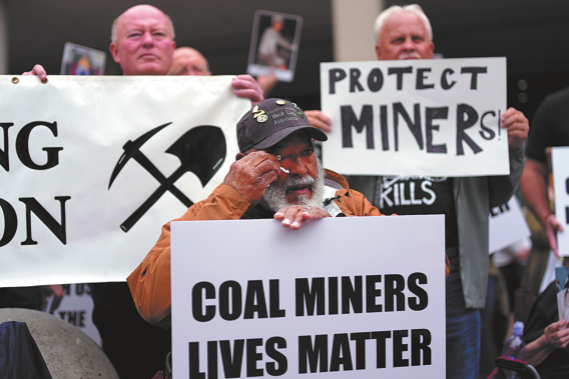UK budget reveals billions in tax changes


The United Kingdom's finance minister, Chancellor of the Exchequer Rachel Reeves, unveiled billions of pounds of tax changes, including an extended freeze on personal income tax thresholds and a "mansion tax" on higher value homes, in her second budget on Wednesday.
The Office for Budget Responsibility's analysis of the budget, which was published early on Wednesday, stated it "raises taxes by amounts rising to 26 billion pounds ($34.3 billion) in 2029-30", largely by freezing personal income tax thresholds for an extra three years from 2028-29 alongside "a host of smaller measures", taking "the tax take to an all time high of 38 percent of GDP in 2030-31".
The official forecaster said the government has no chance of reversing sluggish growth across this parliament, and that the budget would "have no significant impact on output" by 2030.
The extended income tax threshold freeze will push nearly 1 million more people into the 40 percent higher tax rate by 2029/30, versus March's projection, the OBR said.
Other headline announcements in the budget included scrapping the two-child benefit cap from April, freezing fuel duty until next September, taxing salary sacrifice pension contributions above 2,000 pounds, and introducing a mileage tax for electric vehicles from April 2028.
Reeves cut the UK cash ISA allowance to 12,000 pounds from 20,000 pounds — cash ISAs are tax free savings accounts for UK residents.
The budget also includes an inheritance tax change allowing spouses to transfer 100 percent relief, permanent lower business rates for over 750,000 retail, hospitality, and leisure properties, a rise in remote gaming duty to 40 percent and online betting duty to 25 percent, and a minimum wage increase of 4.1 percent from April, including 6 percent to 8.5 percent rises for younger workers.
Reeves also announced a 150-pound cut to average energy bills from April 2025, achieved by scrapping the Energy Company Obligation levy.
Reeves defended her budget, telling lawmakers: "Today's budget builds on the choices we have made since last July. To cut NHS waiting lists. To cut the cost of living. And to cut the debt and borrowing.
"No doubt, we will face opposition again. But I have yet to see a credible, or a fairer alternative plan for working people. These are my choices — the right choices for a fairer, a stronger, and a more secure Britain."
She also insisted there will be "no return to austerity", and said the budget will "bring down inflation and provide immediate relief for families".
Before its win in the 2024 election, the Labour Party pledged not to raise income tax, National Insurance, or VAT for "working people".
Responding to the budget, the UK's Conservative Party leader Kemi Badenoch opened by saying the chancellor's speech should "be her last".
Badenoch told lawmakers: "What a total humiliation. It's a total humiliation. Last year, she put up taxes by 40 billion pounds, the biggest tax rate in British history.
"She promised that she wouldn't be back for more. She swore it was a one-off. She told everyone that from now on it would be stability, and she would pay for everything with growth. Today, she has broken every single one of those promises."
In its budget analysis, the Office for Budget Responsibility, or OBR, said the outlook for the UK economy in the coming years was generally pessimistic. It predicts UK inflation will rise to 3.5 percent this year, higher than predicted in March.
The OBR said: "UK trade intensity has stagnated since 2008, and we expect it to fall in the coming years, due to the recent resurgence in global protectionism on top of the enduring effects of Brexit."
jonathan@mail.chinadailyuk.com
































